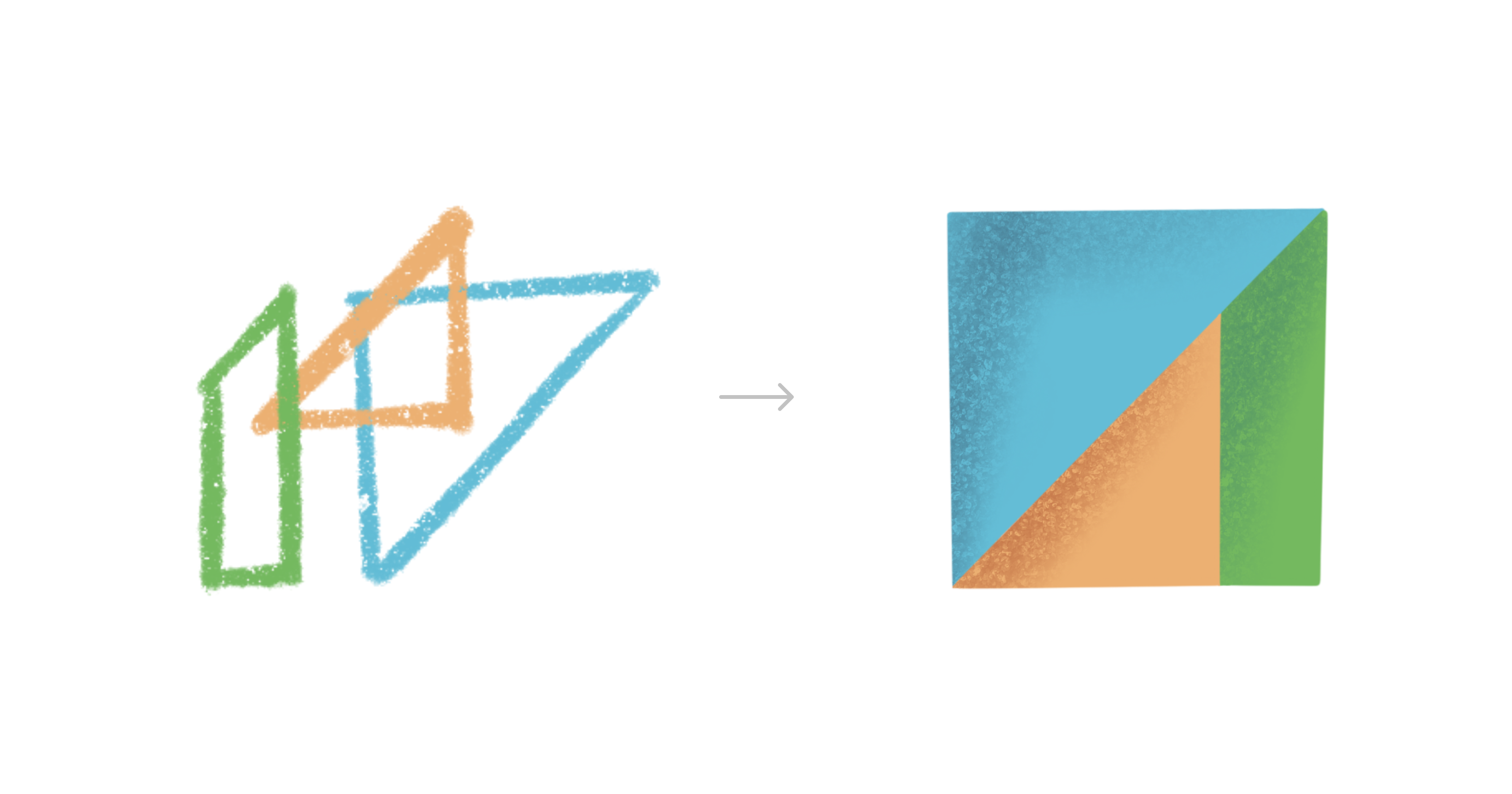Perception shifting: Consolidating learned experience into action
Notes on exploring experience consolidation in organizational and personal contexts

In James Stanier’s book on engineering management, he talks about how weekly summaries of your team’s work during the week can help you debug and find solutions to issues:
Writing weekly summaries is the closest thing that I have found to [software debugging] in a managerial role. Often when I’ve had multiple issues whirring around my brain, the act of committing them to paper has enabled me to be more logical and clearer in my thinking, thus unlocking the solution.
Doing a weekly summary gets you out of an autopilot state where you’re just aware of issues that are happening (and might be working on them ad-hoc) but haven’t had the space to figure them out, and shifts you into a different mode of thinking where you can consolidate your experiences.
It provides you a perception shift to detach from the moving current of everyday experience, coalesce those experiences and make sense of them, and organize that current of experience into logical objects that are easier to mentally work with them and find solutions to. Experience becomes real when consolidated.
Things I learned about being more effective at Effective Altruism Global 2016
Multipliers, good arguments, and more
I went to Effective Altruism Global 2016 this past weekend in Berkeley, CA, and came away with a lot of great thoughts from the sessions and talking with folks. Since it was my first EA Global, I went to a good number of sessions. Here are my key take-aways. (If you also went to EA Global, I encourage you to share, even if brief, your key take-aways, and email me if you do!)
I’ve listed and provided a one-sentence gist of each one in this table of contents, so you can click into whichever one seems interesting to you. Or, you can just skip the contents and read the first one.
Analogies are like lossy compression for complex ideas
The benefits and pitfalls of analogies
Scott H. Young wrote an excellent article comparing and contrasting books vs. blogs for learning complex material. One point I found interesting was the idea that certain ideas need to be taught in book format since they’re too complex to be broken down into articles. I thought: I’ve been able to understand complex ideas both in article form and in book form. What allows complex ideas be able to be squeezed down to something as short as an article?
How do you maintain original thinking and avoid traditional patterns of thought when learning about a new field?
On paradigm blindness and thinking outside the box
One thing that I've been concerned about lately is how to maintain original thinking when diving into a new field. I think that we are subject to the conscious or unconscious effects of paradigm blindness when we learn about a new field. That is, once we learn how it's done traditionally, it's hard for us to come up with new original ideas. This could mean that we’re less able to come up with great ideas that really change a field, instead of incremental ideas that contribute a relatively smaller amount to it.
Great books I read in 2015
A year in review
What defines a great book? For me, one that changes how I think in a fundamental way, or expands my gamut of understanding. Here are the great books I read this year and the books I’m looking forward to next year.